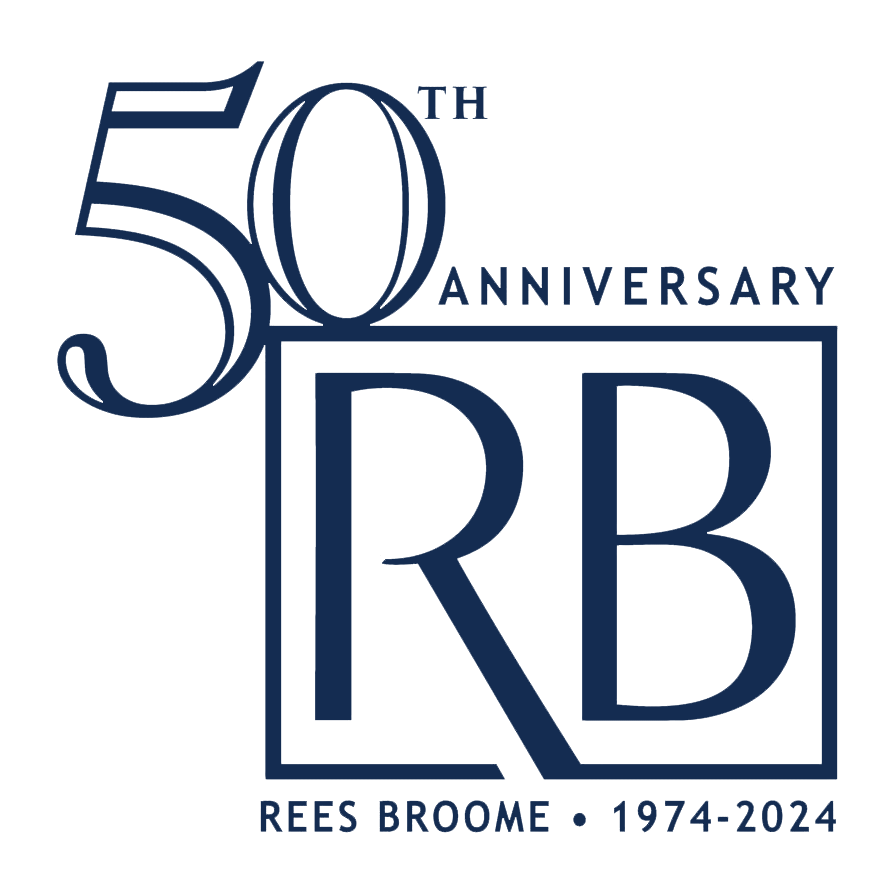By: Leslie S. Brown and Ruhi F. Mirza
Over the last couple of years, the D.C. City Council has not taken much action that directly affects communities in the District of Columbia. However, this year, there are some updates of note for D.C. associations.
Permanent Virtual Meetings
This year, the City Council finally made permanent the temporary legislation that was enacted during the Covid pandemic to allow associations to conduct membership meetings and voting electronically. While the D.C. Condominium Act always permitted notices to be sent electronically and for Boards to conduct business via virtual means, the D.C. Condominium Act now provides specifically that elections and other membership votes can take place via electronic means. The new law is codified in Section 43-1093.03(f) of the D.C. Condominium Act and specifically accommodates electronic voting by allowing the Board to authorize owners to submit votes electronically up to 7 days before the scheduled meeting and consider those owners present and voting as if the meeting was in person.
Electric Vehicle Charging Stations
As addressed in our March 2025 newsletter, On November 14, 2024, the City Council passed a new electric vehicle (EV) “right to charge” law applicable to condominiums and other types of community associations. The law took effect on March 7, 2025 after the mandatory congressional review period. The law allows D.C. owners to install EV charging equipment within a parking spot owned or assigned for their exclusive use, at their own expense, subject to certain requirements. Associations may require the owner to provide a detailed plan of the installation, the installation must be completed by a licensed professional, and the owner is required to pay all utilities associated with the charging equipment.
Most notably, the law expressly repeals covenants and use restrictions, whether recorded or unrecorded, that prohibit or unreasonably restrict the installation of EV charging equipment. Associations are also required to pass resolutions regarding the installation, operation, maintenance, and removal of an EV charging equipment. A response to an application to install an EV charger must be in writing and if a decision is not relayed to the owner within 60 days of the receipt of the application, then application is deemed approved unless the delay is the result of a reasonable request for additional information or exigent circumstances. If the condominium or community association violates the “right to charge” law, the D.C. Department of Building may fine a condominium or community association up to $1,000 per 60-day period that a reported violation continues.
DC Condominium Warranty Claims Assistance Fund
The Department of Housing and Community Development (DHCD) has established needs-based assistance funds for claimants who filed a structural defect warranty claim with the agency and thereafter underwent a special assessment to cover costs associated with filing a claim. The Condominium Warranty Claims Clarification Amendment Act of 2022 (Amendment Act) clarified and established the authority of DHCD to resolve breach of warranty claims under the Condominium Act. The Amendment Act directs the agency to establish the criteria for a “perfected” warranty claim and to establish this assistance fund to provide need-based assistance to condominium owners who experience hardship because of filing a warranty claim.
According to the Amendment Act, financial assistance should be made available to any unit owners or unit owners’ associations that underwent a special assessment as a direct consequence of a unit owners association's expenditures resulting from the filing of a structural defect warranty claim. The expenses that would be covered include, inspections, costs estimates, and attorney’s fees. In order to apply for assistance, the following documents should be sent to the Rental Conversion and Sale Division (CASD) at casd.dhcd@dc.gov, 1) A copy of warranty claims or civil complaint; 2) Recent financial demonstrating a special assessment charged to cover warranty claim costs; 3) Income information for unit owners (a majority of units or the unit owner must be below 80% AMI); and 4) Copies of invoices (inspections, estimates, etc.,). the total maximum award is set at $10,000 per condominium.
Animals
Starting October 1, 2026, rental housing providers, including cooperatives, will not be able to impose breed, size or weight restrictions on pet-friendly units under the “Pets in Housing Amendment Act”. The law prohibits housing providers, which includes cooperatives, from imposing breed, size or weight restrictions on pet-friendly units.
If you have any questions regarding laws pertaining to D.C. community associations, please contact any of our D.C. community association attorneys.
